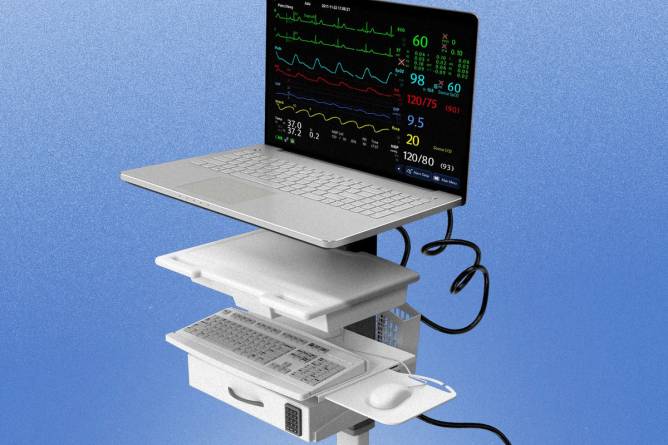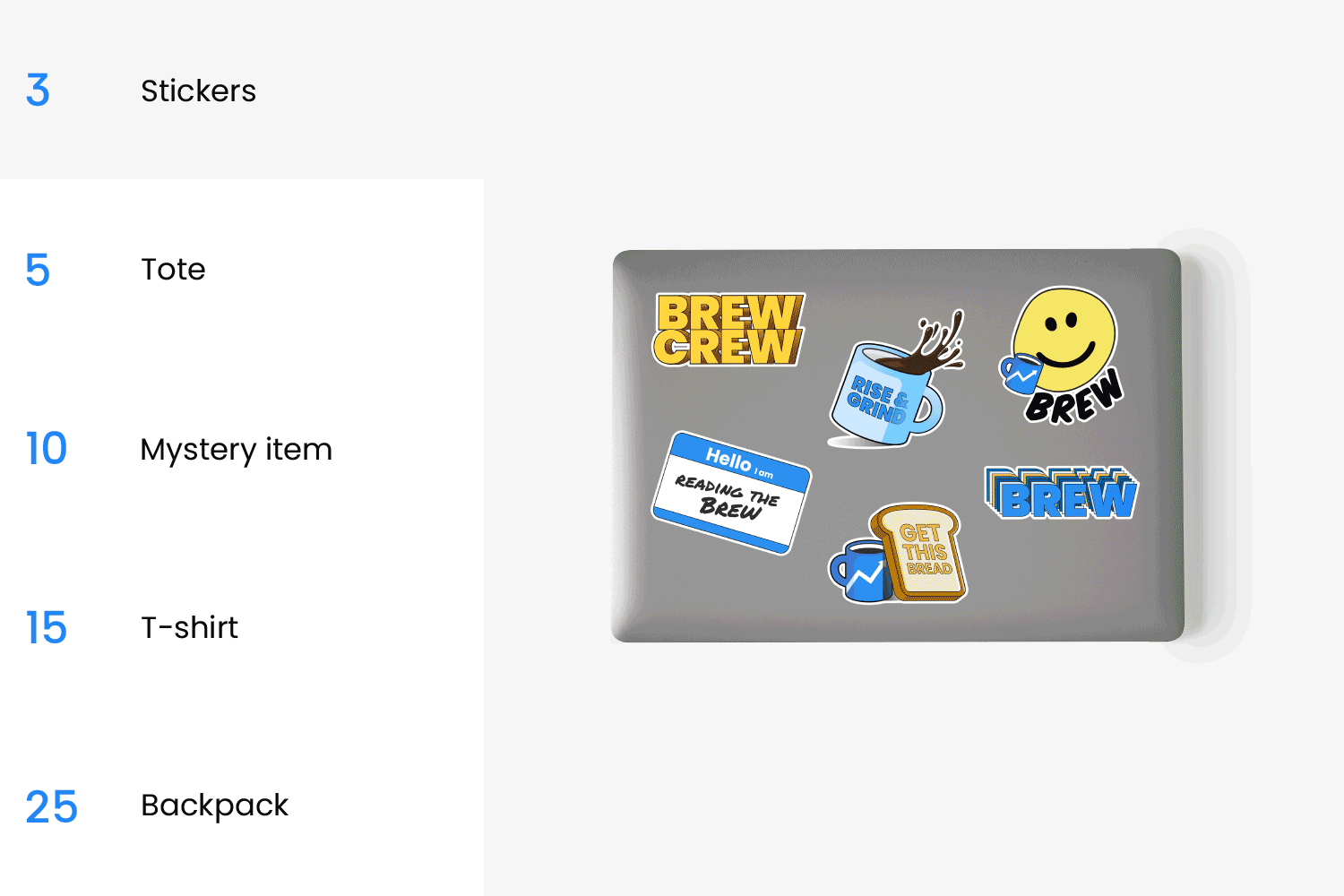|
Private equity (PE) firms might make it rain cash for investors, but hospitals under their ownership are facing an asset drought, according to a research letter published in JAMA on July 30.
While fans of PE argue it can bring much-needed financial resources to struggling hospitals, the data disagrees.
“Private equity acquisitions appear to have depleted, rather than augmented, hospital assets,” the authors, a group of physicians from medical institutions across the US, wrote.
The analysis, which dug into the data of 156 hospitals snapped up by PE firms between 2010 and 2019, found that assets at these hospitals shrank from an average of nearly $88 million to just under $70 million in the two years before and after acquisition—a 24% drop.
Each hospital was matched to 10 controls—1,560 total—based on year, region, bed size category, and capital assets such as land, buildings, equipment, and health information technology.
In contrast, hospitals not under private equity’s thumb saw their assets climb from an average of $95 million to $102 million in that same time.
Keep reading here.—CC
|








